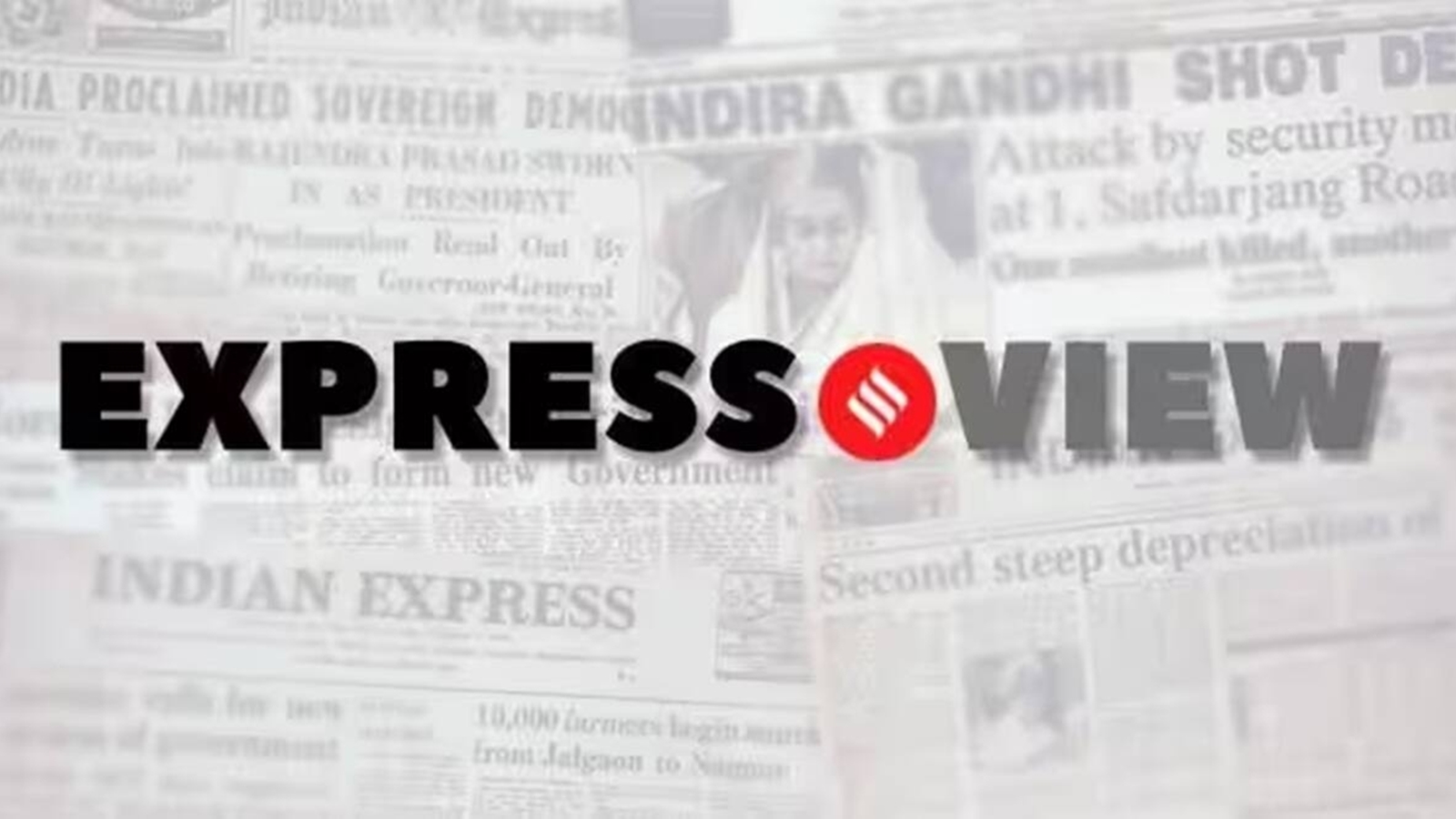
A quarter of a century after the Kargil War ended, a serious reflection would suggest India’s victory or “vijay” is incomplete. Pakistan’s Kargil aggression in the spring of 1999, just weeks after Prime Minister Atal Bihari Vajpayee’s peace mission to Lahore, highlighted three broad challenges in the domains of defence, deterrence, and diplomacy. On the defence front, the Kargil surprise exposed the multiple vulnerabilities of India’s security. India did reverse the Pakistani ingress across the LoC, thanks to the extraordinary courage of officers and men. But sacrifice of its best men is no way of defending a nation’s territory; what India needed was a root and branch overhaul of its higher defence organisation, modernisation of its armed forces, upgrading its rusty defence industrial infrastructure, revitalising its intelligence mechanisms, and restructuring the decision-making on national security. The Kargil Review Committee headed by K Subrahmanyam produced a series of defence reforms. Over the last 25 years, Delhi did seek to restructure the national security system. But these reforms have been incremental and sub-optimal. The intensification of the conflict on the China frontier has highlighted India’s two-front challenge and the case for faster transformation.
The second was the challenge of countering Pakistan’s pursuit of cross border terrorism under the shadow of its nuclear gun. After a period of hesitation, Delhi began to experiment with bolder efforts to raise the costs of Pakistan’s terror policy. The 2016 “surgical strikes” across the LoC, and the 2019 air attacks on a terror camp in PoK following the Pulwama attacks demonstrated Delhi’s new political will to enhance deterrence. Pakistan’s successful riposte in 2019 that saw the downing of an Indian Air Force Mig-21 pointed to a stalemate. India needs a massive military superiority that can inflict decisive punishment on the Pakistan Army for effective deterrence — it is nowhere near achieving that kind of military edge.
Finally, military means alone will not bring the desired results. They need to be matched by diplomacy. The overall balance of power has indeed tilted in favour of India, thanks to Islamabad’s economic failures since Kargil and Delhi’s rapid growth. Many traditional friends of Pakistan, except for China and Turkey, now see India as a more valuable partner. Yet, Delhi should not delude itself that it can unilaterally define the terms of engagement on Kashmir and other disputes. The change in the constitutional status of Kashmir in 2019 and India’s hard line on talks with Pakistan have not eliminated Rawalpindi’s capacity to create trouble. The upsurge in cross-border terror attacks in Jammu offers evidence of Rawalpindi’s capacity for mischief. Delhi must find ways to engage the political classes and civil society in Pakistan that can create the conditions for transcending the bitter legacies of Partition that were at the root of the Kargil war and continue to hobble the bilateral relationship.


